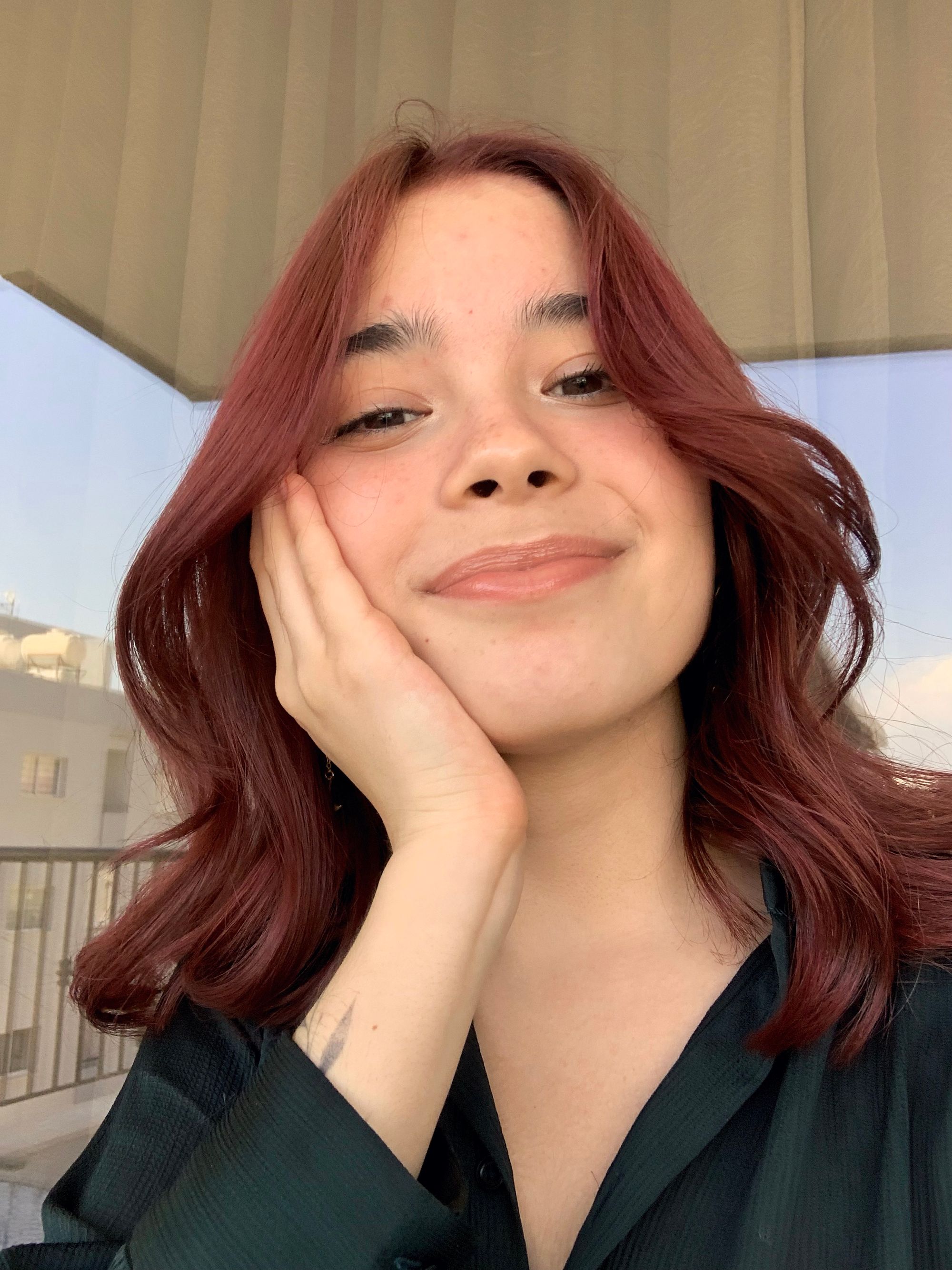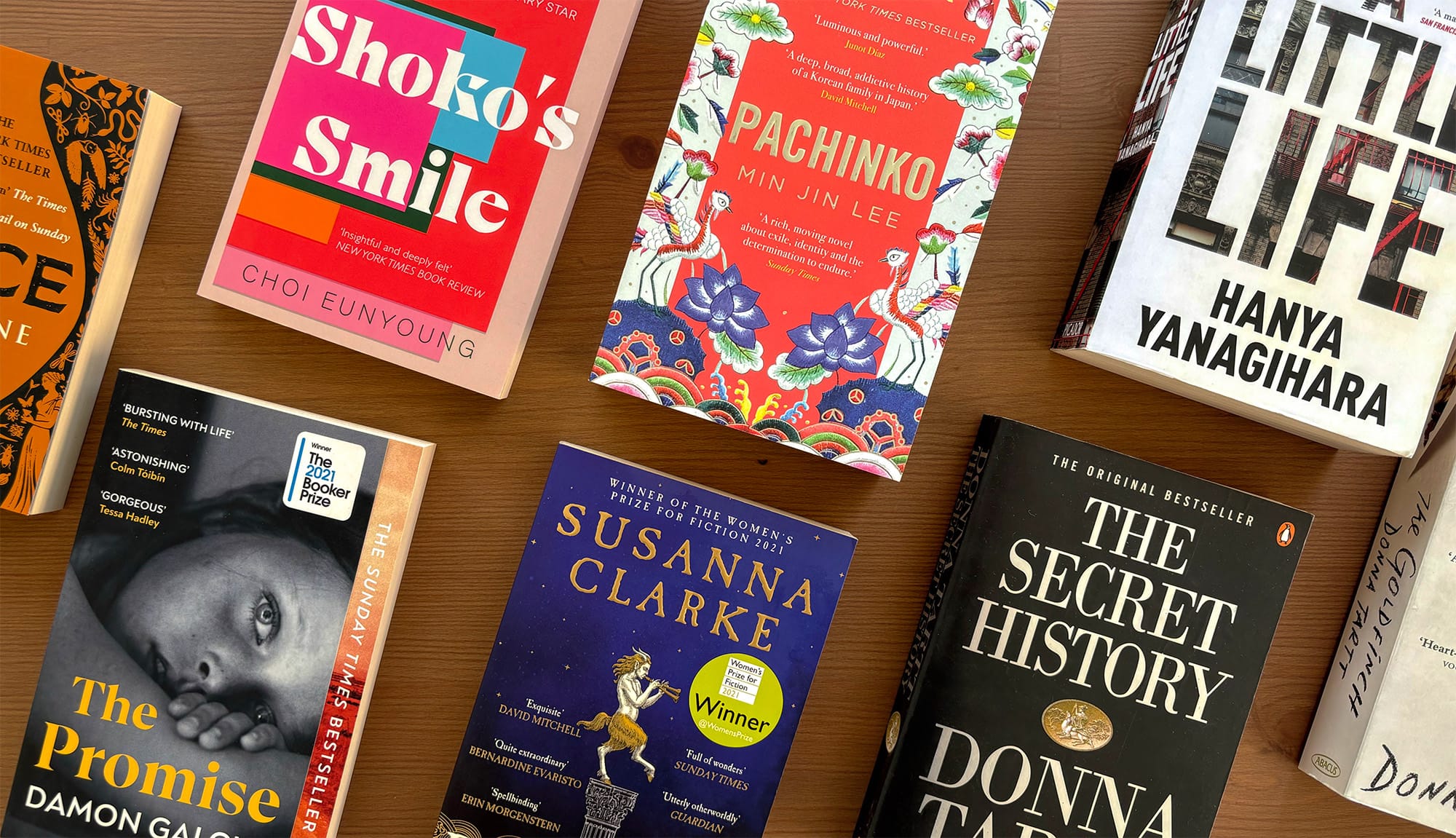Rejecting reading trends in the age of readers’ aesthetics and BookTok recommendations.
In all likelihood, everyone is sick and tired of hearing about TikTok’s tendencies of making microtrends, encouraging overconsumption, and promoting low-quality content as much as everyone is tired of “just let people enjoy things” side of the debate. Regardless, I believe the topic has much to offer with all its intricacies and the absence of straight and simple answers.
BookTok’s main tendencies, regarding book trends creation, come to promoting “easy” one-time reads and rarely touching on more “hard and complex” literature. While there’s nothing wrong or worth being judged for with reading, liking, and sharing opinions on books, whose sole purpose is entertaining their readers, it makes it appear as if all titles popular on the platform are cheaply crafted, penny dreadful phantasmagoria (or плацкартное чтиво) for those, who have no taste. There are tons of articles about how TikTok takes over reading and converts it into new aesthetics, many bloggers sharing their opinions on how book trends make reading unsustainable and problematic, and so on. On the other hand, almost every bookstore nowadays has a “Popular on TikTok” stand, every trending author becomes an “auto-buy” author, many publishing houses across the world are trying to be the ones to translate and bring such already well promoted books to wider audiences; the list goes on as a five-minute TikTok break becomes the two hours of doom-scrolling.
As already mentioned, there’s nothing wrong with reading and liking so-called “easy” reads. Be it that every piece of media we consume, movie or book, is a subject of art, we would go insane – not every book has to be Ulyssean reminiscence of Infinite Jest nor another adventure to Inferno and back in 100 instalments. However, the problem arises when one refuses to go beyond the comfort of reading effortlessly digestible books; TikTok plays a big role in promoting the same ten titles without being diverse in the realm of literature genres. Some creators focus exclusively on a few genres, usually erotica, romance, fantasy and/or romantasy. Books are being judged for their spice level and recommended solely because of their erotic scenes. As a result, under some reviews we see comments such as “How spicy is it?”, etc. The debate is about whether we can call this reading behaviour a porn addiction; and while I believe it is a bold move to call everyone enjoying erotica in literature a porn addict, it is a bit concerning when one reads books only for the spice. The more concerning aspect of the debate is when some commenters and creators defend their reading habits and shelter their luck of will to go out of their comfort zone. So, should “I don’t want to read this book because it’s hard/because I don’t have time for hard books” be called an act of ignorance? While everyone has a right to read whatever they want, the only sad thing, I believe, is the lack of will to try to understand “hard” literature or literature beyond of what we know about it. There is almost an infinite number of novels for everyone to find something personally special. Hence, the questioning of book trends on TikTok, which usually goes by promoting novels based on tropes and leitmotifs.
That over promotion sometimes leads to overconsumption, as the behaviour of buying every new release and hoarding piles of physical TBR is encouraged and rewarded – the more new books you show, the more people you attract to your content. Big home libraries, dedicated home reading spaces with hundreds of hard copies lying around, are considered aesthetic. Young celebrities start their book clubs, book influencers gather thousands of followers, turning reading into something trendy. In this, we tend to focus only on the aesthetics of reading or on what we believe they are. We turn books into probs, use them for pictures without getting into actual reading, buy them because of their looks, and highlight every line just to make it look cute. Some popular aesthetics, “Clean Girl” for example, are described to be intellectual, thus books become an important attribute to recreate the desired look. This doesn’t necessarily mean that we can’t share our interests with others and do what we are passionate about. It, also, doesn’t mean that every person who posts book related content in reality doesn’t read. However, what makes a difference is the approach towards reading. And while I understand the joy of having hard copies or having a personal library, I think that not every book should be immediately added to the cart. We see many home libraries on TikTok consisting only of one-time reads – books that are never going to be read again, some of which are books written by popular TikTok authors. The Colleen Hoover phenomenon illustrates it well enough; an author blows on TikTok, everyone buys their every novel and the author obtains a fan base, who refuses to listen to any criticism. The question I have is, are the popular TikTok authors are loved for their actual work or for some other reasons? There are some low-quality books that shouldn’t be deprived of criticism. I believe, being more conscious when it comes to reading should be more wildly encouraged – from choosing what to read and using libraries more often to choosing who being influenced by and what creators to support.
As mentioned many times before, there’s nothing particularly wrong with reading books one enjoys, and it shouldn’t be seen as something shameful, unintellectual or useless. Comments such as “Just let people enjoy things” are common under any type of content. Notwithstanding, sometimes this can be used inappropriately. “Just let people enjoy things” shouldn’t be used to excuse disinterest in growing as a person, which in numerous instances manifests itself as trying new things out and going beyond the known. GoodReads is full of reviews that go somewhere between the lines of “1 star because the characters are unrelatable/because it doesn’t have smut/because it doesn’t have XYZ trope/etc/etc”. And while, maybe, it is ok to have problems with TikTok trends and mindlessly following what is being imposed, it can also trap us into believing that we form our own opinions when, in fact, we follow someone else’s. No matter how bad or problematic some BookTok recommendations are, TikTok still helps to promote reading as a hobby. It still helps to find good books, helps to share interests and find community in things one likes. Moreover, it helps new authors to find their audience and yada, yada, yada. The “however” is that we still need to critique things as opposed to consuming without thinking. Not everything on TikTok is great, nor is everything bad. So, we ought to aim to keep our reading diet balanced. The biggest TikTok’s problem is not bad book recommendations or smut readers, it is the desire to have problems with having/not having problems.




